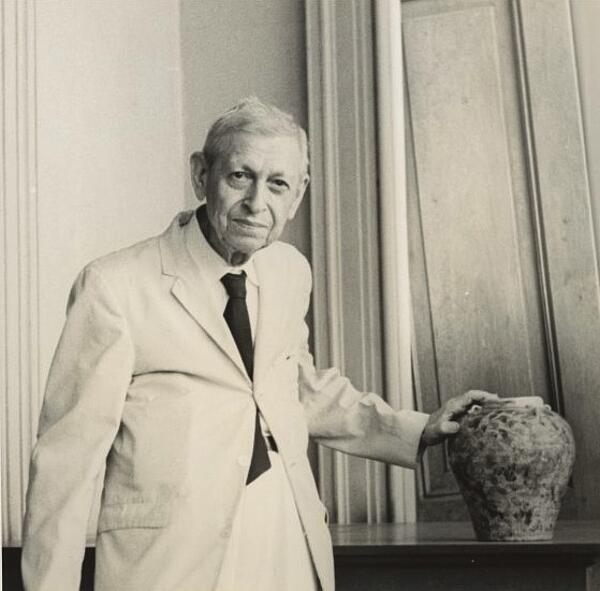Henry Otley Beyer
Henry Otley Beyer was the American anthropologist behind the Wave Migration Theory, which is arguably the most well-known of all the theories on how humans came to live in the Philippines.
Beyer was born on 13th July 1883 in Edgewood, Iowa. He first developed his interest in the Philippines when he visited an exhibit at the Louisiana Purchase Centennial Exhibition in Missouri in 1904.
He continued to pursue his other passions for a number of years, eventually graduating from the University of Denver with a BA and an MA in Chemistry. However, is wasn’t long before he decided to volunteer to teach in the Philippines.
After pursuing postgraduate studies at Harvard University as a Withrop scholar, Beyer spent his first years teaching in the Cordillera Mountains on Luzon island before being appointed ethnologist in the Philippine Bureau of Science and head of the Philippine Museum.

Beyer’s work in the Philippines led to him writing many papers on the subject of the country’s anthropology and soon began to develop his own theories on how the country came to be populated.
Eventually, his theory became known as the Wave Migration Theory, which suggested that humans arrived in the Philippines in migratory waves. Eventually, according to Beyer, the Malays were the civilisation that laid claim to the islands and became the dominant group ahead of the settling of the Spanish in the 1500s.
Beyer quickly became so renowned in his field that he was offered the post as the sole anthropology lecturer at the University of the Philippines in 1914. In 1925, he was then promoted to the department’s first head of anthropology and its first official professor.
While Beyer’s work on the Wave Migration Theory is possibly his best known, many modern anthropologists including Carlos Tatel argue that his greatest achievement was driving an interest in anthropology in the Philippines.
Referred to by some as the “father of Philippine Anthropology", Beyer not only founded the University of the Philippines Department of Anthropology, but also drove interest in the subject and prompted a new generation of anthropologists and historians to begin seriously considering the part the archipelago played in the development of hominins through the ages.
MLA Citation/Reference
"Henry Otley Beyer". HistoryLearning.com. 2026. Web.
